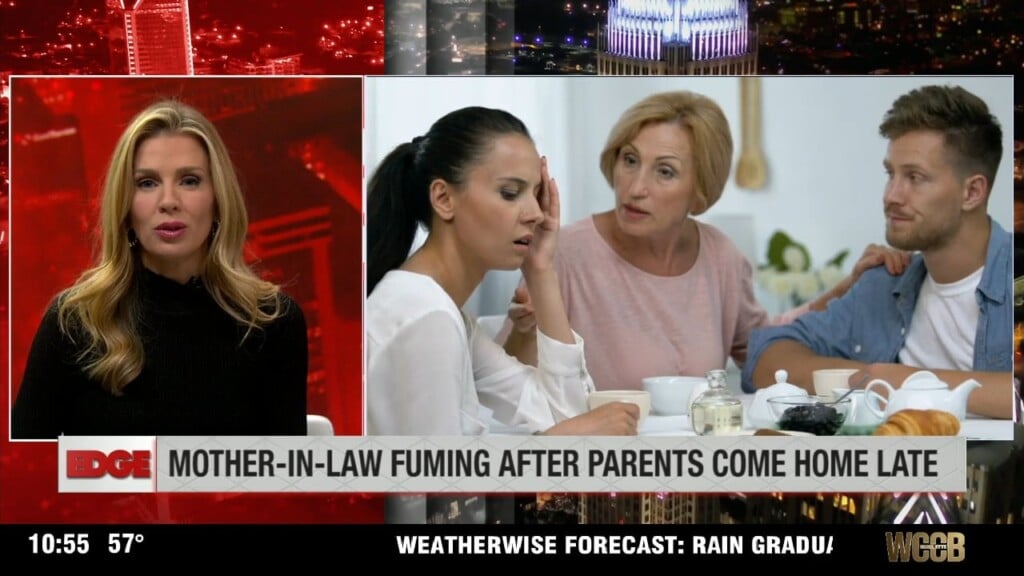WASHINGTON – Commerce Secretary Howard Lutnick said there might be carveouts coming to the 25% tariffs placed on Canada and Mexico by President Donald Trump, a softening of the U.S. position after Tuesday’s tax hike hurt the stock market, worried consumers and started a trade war.
Trump’s tariffs have stirred up bad blood among allies who see his aggression on trade as misguided, leading Canada to suggest it will reject any offer to water down the day-old tariffs. Nor is the trade war necessarily a brief skirmish as the White House maintains that even harsher taxes on imports are coming in April, even as businesses and consumers worry that the cost of paying the taxes will crush economic growth, worsen inflation and cause layoffs.
Still, the administration is grappling with the fallout of tariffs beloved by Trump that could create serious blowback for his political mandate to lower prices. The president has recognized that his tariffs could cause some financial pain, yet he has repeatedly tried to suggest the tariffs will lead to more domestic investment and factory work.
In a Wednesday interview with Bloomberg Television, Lutnick said that Trump would update his tariff plans with an afternoon announcement, possibly sparing sectors such as autos from the import taxes.
“There are going to be tariffs, let’s be clear,” Lutnick said. “But what he’s thinking about is which sections of the market that can maybe — maybe — he’ll consider giving them relief until we get to, of course, April 2.”
On April 2, Trump plans to announce what he calls “reciprocal” tariffs to match the tariffs, taxes and subsidies provided by other countries. That could dramatically increase the tariff rates charged globally while maintaining the risk of a broader tariff.
Canadian Prime Minister Justin Trudeau is not willing to lift Canada’s retaliatory tariffs if Trump leaves any tariffs on Canada, a senior government official told The Associated Press. The official confirmed the stance on condition of anonymity as they were not authorized to speak publicly on the matter.
Trump and Trudeau spoke by phone on Wednesday about the tariffs, said the source as well as, separately, a White House official.
Lutnick said he would talk on Wednesday morning with Trump about the possible options regarding Canada and Mexico, saying that both countries are working to address the U.S. president’s concerns about drug trafficking. Lutnick said to expect Trump to announce his decision Wednesday afternoon.
On Tuesday, Trump put 25% taxes on imports from Mexico and Canada, taxing Canadian energy products such as oil and electricity at a lower 10% rate. The president also doubled the 10% tariff he placed on China to 20%. The administration has said the tariffs are about stopping the smuggling of drugs such as fentanyl, but Trump also suggested that the tariffs are about getting rid of persistent U.S. trade deficits.
The taxes almost immediately triggered retaliatory measures by Canada and China, with Mexico planning to announce its response on Sunday. The U.S. stock market has given up all of the gains since Trump’s victory in last year’s presidential election and consumers are already exhausted by inflation and worried the costs of the tax hike would lead to higher prices. Those concerns may have prompted Lutnick to signal a possible retreat in a Tuesday afternoon interview with the Fox Business Network.
“I think he’s going to figure out, you do more, and I’ll meet you in the middle in some way,” Lutnick told Fox Business Network, remarks that caused the stock market to pare its losses on the day.
But in his joint address to Congress on Tuesday night, Trump seemed intent on pushing forward with tariffs.
Trump tried to play down the possible economic harm as “a little disturbance,” as the administration has suggested that the estimates of higher inflation and slower growth in most outside economic forecasts are overblown.
“It may be a little bit of an adjustment period,” he said after claiming that farmers would benefit from reciprocal tariffs on countries that have tariffs on U.S. exports. “You have to bear with me again and this will be even better.”
Trump also said in his speech that he spoke on Tuesday with “all three, the top people” at the major U.S. automakers and “they’re so excited.” The big three automakers are General Motors, Ford and Stellantis, the parent company of Chrysler and Jeep. The domestic auto sector would be especially vulnerable to tariffs as it depends on Mexico and Canada as part of its supply chain.
Ontario Premier Doug Ford told the AP the auto sector in the U.S. and Canada will last approximately 10 days before they start shutting down the assembly lines in the U.S. and in Ontario.
“People are going to lose their jobs,” he said.
Trudeau said on Tuesday that his country would plaster tariffs on over $100 billion (U.S. dollars) of American goods over the course of 21 days, stressing that the United States had abandoned a long-standing friendship.
“Today, the United States launched a trade war against Canada, their closest partner and ally, their closest friend. At the same time, they are talking about working positively with Russia, appeasing Vladimir Putin, a lying, murderous dictator. Make that make sense,” Trudeau said on Tuesday.
Mexico indicated it would announce its own countermeasures on Sunday.
Beijing responded with tariffs of up to 15% on a wide array of U.S. farm exports. It also expanded the number of U.S. companies subject to export controls and other restrictions by about two dozen.
“If war is what the U.S. wants, be it a tariff war, a trade war or any other type of war, we’re ready to fight till the end,” China’s embassy to the United States posted on X on Tuesday night.
In response to China, U.S. Defense Secretary Pete Hegseth told Fox News Channel’s “Fox & Friends” that the United States is “prepared” for war against the world’s second largest economy.
“Those who long for peace must prepare for war,” Hegseth said Wednesday morning. “If we want to deter war with the Chinese or others, we have to be strong.”




